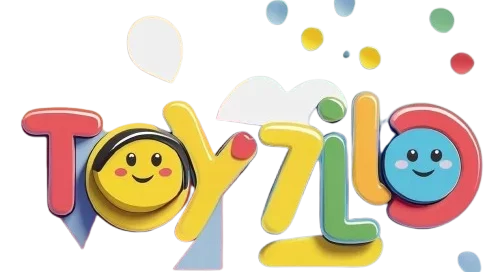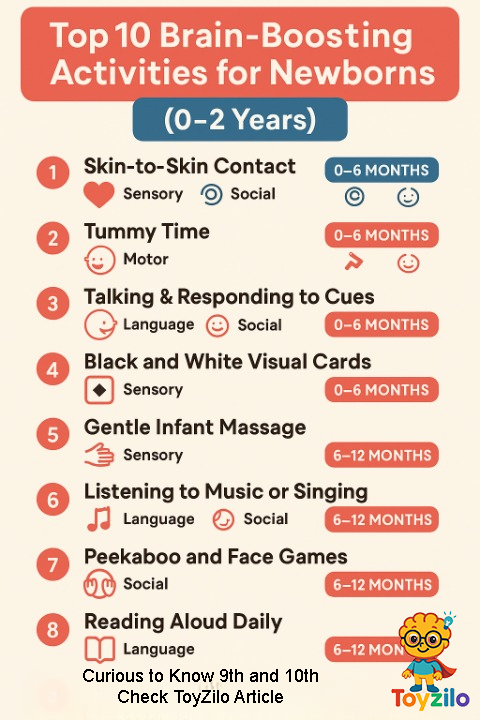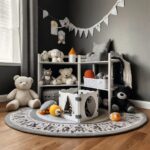As a parent, you want to give your newborn the best possible start in life—and that begins with the brain. Did you know that 80% of a baby’s brain develops by age 3? The first years are a critical period of rapid growth, making every moment an opportunity to help build the foundation for lifelong learning.
10 science-backed brain boosting activities for Kids
Here are the list you can start today to support your baby’s early development—no fancy equipment needed, just love, attention, and a little playtime.
1. Skin-to-Skin Contact (Kangaroo Care)

Why it works: Skin-to-skin cuddling regulates a baby’s heart rate and temperature, lowers stress hormones, and stimulates brain activity.
Try this: Hold your baby close against your chest for at least 30 minutes daily, especially after feeding or during naps.
✅ Scientifically supported by Harvard Medical School and WHO studies on neuro development.
2. Tummy Time
Why it works: Strengthens neck and shoulder muscles, aids motor development, and helps your baby explore their environment.
Try this: Start with a few minutes a day on a soft blanket, gradually increasing as your baby grows stronger.
🧠 Encourages spatial awareness and body control—precursors to crawling and walking.
3. Talking & Responding to Cues
Why it works: Talking builds language and cognitive skills. Babies begin recognizing sounds and speech patterns early on.
Try this: Describe what you’re doing throughout the day. Pause and respond when your baby coos or makes sounds.
👂 Research from the American Academy of Pediatrics links early verbal interaction to better vocabulary and IQ later in life.
4. Black and White Visual Cards
Why it works: High-contrast images stimulate visual development in newborns, whose vision is still blurry.
Try this: Use black and white flashcards with patterns during tummy time or diaper changes.
🖤 Boosts visual tracking, focus, and brain-eye coordination.
5. Gentle Infant Massage
Why it works: Promotes sensory integration, body awareness, and emotional bonding.
Try this: Use slow circular motions on the baby’s back, arms, and legs with baby-safe oil after bath time.
👐 Studies show massage helps with sleep, digestion, and early neural connectivity.
6. Listening to Music or Singing
Why it works: Music stimulates both hemispheres of the brain and supports auditory and emotional development.
Try this: Sing lullabies or play soft classical or instrumental music during quiet time.
🎶 Music exposure improves memory, emotional recognition, and even early math abilities.
7. Peekaboo and Face Games
Why it works: Teaches object permanence and social interaction, building brain areas responsible for memory and emotional response.
Try this: Simple games like “Peekaboo” or making silly faces promote laughter and connection.
👶 Babies are naturally wired to learn through faces—your face is their favorite thing to look at!
8. Reading Aloud Daily
Why it works: Stimulates imagination, listening, and cognitive processing.
Try this: Choose board books with rhythm, rhyme, and repetition. It’s okay if your baby doesn’t fully understand—the exposure matters.
📚 Reading just 15 minutes a day can dramatically improve literacy and brain structure development.
9. Baby Mirror Play
Why it works: Looking in a mirror encourages self-recognition and curiosity.
Try this: Hold your baby in front of a baby-safe mirror and talk about what they see.
🪞 Helps develop visual processing and awareness of self and surroundings.
10. Gentle Movement and Dance
Why it works: Movement activates the vestibular system, essential for balance, coordination, and brain-body integration.
Try this: Gently sway, rock, or dance with your baby in your arms to music.
🧠 Promotes rhythm recognition and strengthens the brain-body connection.
🎯 Quick brain boosting activity tips for Parents
- You don’t need expensive toys. Your voice, touch, and love are the most powerful tools.
- Keep activities short and sweet (5–10 minutes) and always watch for signs of over-stimulation.
- Repetition is key—the more often you repeat an activity, the stronger the neural connections.
✅ Conclusion
You don’t need to be an expert to support your baby’s brain—just be present, loving, and playful. Every smile, cuddle, and game strengthens your child’s cognitive foundation. These early moments are more than cute—they’re building a smarter, happier brain.



